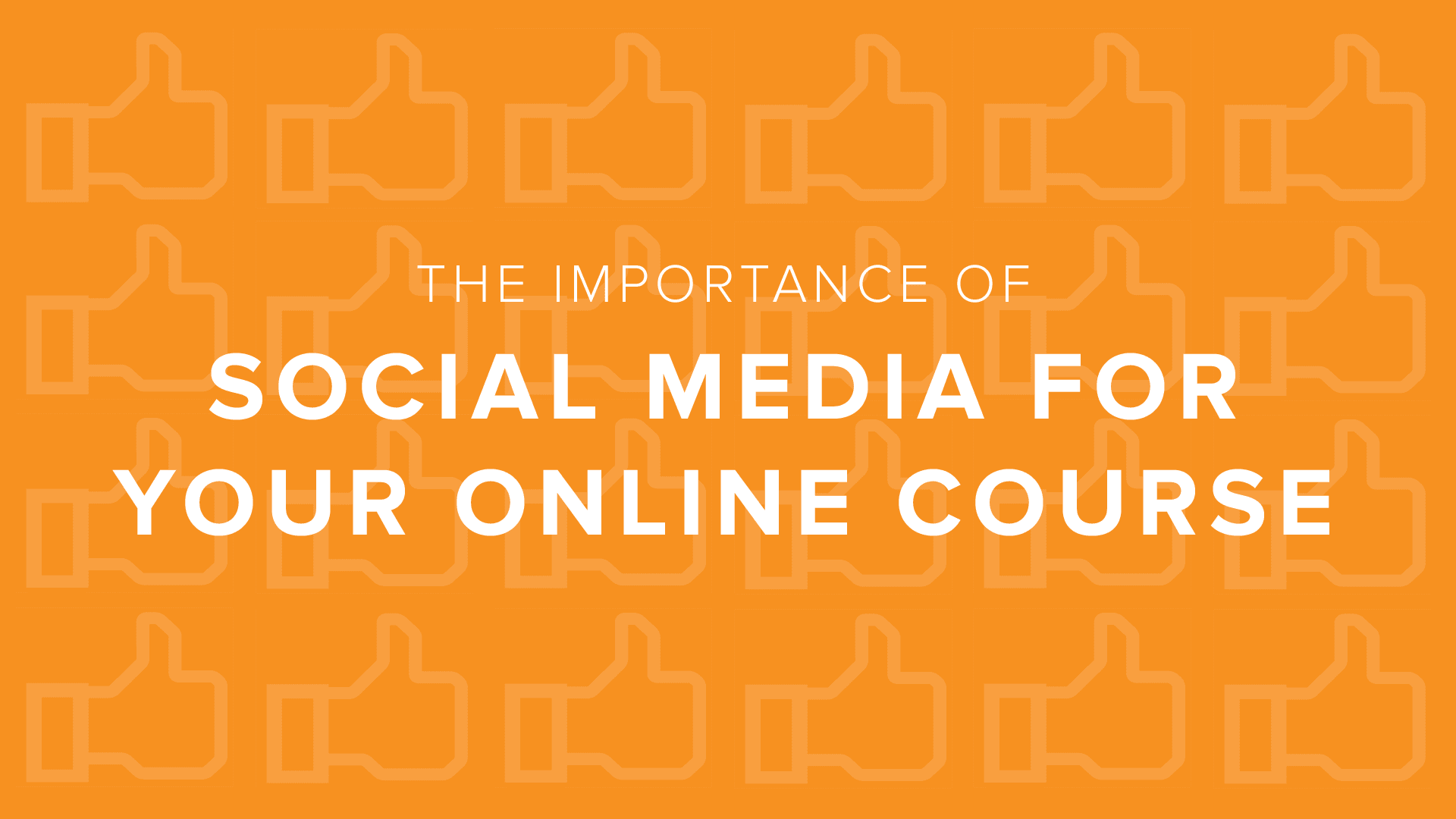Many people need online courses for various reasons, whether it is to further their education or to gain corporate training certifications. Many times internal and corporate training courses do not need to be marketed outside of the company – as the courses only pertain to select employees. However, continuing education and recreational courses can be a little different.

If you are selling online courses, whether they are continuing education, skillsoft or recreational, it is important to spend the extra effort on marketing. Marketing your online courses can make a world of difference in your business success and sales. Not only can marketing raise your brand awareness, but you’ll also attract potential customers that may become loyal frequent-buyers down the road.
What types of ways can you market your online courses? The list is just about endless. From search engine marketing (SEM), search engine optimization (SEO), direct mail, blogging, social media and more – there are numerous ways to get your name out there and communicate with your target audience.
We’ve shared several articles on marketing tips in the past; however, today let’s focus on social media. Why is social media crucial for your online course success?
There are several reasons why you should use social media to market your online courses. Here are just a few:
- Increase brand awareness
- Better learn your target audience
- Earn trust
- Increase sales
- Build your brand
What are some social media sites you should be present on? There are quite a few, but these are 5 main ones. If you decide to join social media, these should be at the top of your list.
- Facebook
It’s easy to set up. Check out how to create a company page in 5 steps. You want to create a company page and stay active on a daily basis. That means share valuable content with your readers including helpful articles, links, videos, as well as company and product information. - Twitter
Twitter is one of those that many people are using, but it also can be difficult to get into the groove of things. Again, you should be active daily and share valuable content. Remember to not only share promotional or customer-exclusive material, share other helpful articles and links as well. - Google+
Google+ isn’t as popular as Facebook and Twitter, however, it is still important to have a presence there. Again, continue to share any helpful links, articles, videos, as well as your own content. If you share content from another resource, be sure to tag it in your post! Check out this beginner’s guide to get you started. - LinkedIn
LinkedIn is important and useful in two ways. First, make sure you have your own personal profile set up and up-to-date. That means, your profile should include your current position and description, past jobs and skills. Potential customers or partners can use LinkedIn to connect with you and build relationships. Once you have a personal profile set up, you can create a company page. Your company page should include a description and daily updates with valuable content to your followers. - YouTube (if applicable)
If you produce a lot of videos, you can share snippets, introductions, or exclusives here. People can share your videos and you’ll gain a real web presence. Also, don’t forget to share your YouTube video links via other social media platforms.
Once you have set up your profiles on these 5 social media platforms, it is important to stay active and let your existing customers and website visitors find you online. On your website, you can have social icons/buttons that link to your profiles. By doing this you can extend your website visitors and target audience across multiple outlets.
Got more social media questions? Here’s a list of a few helpful resources:
